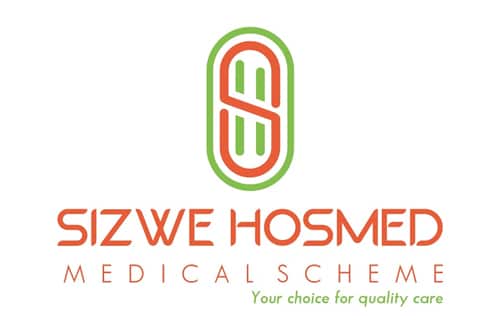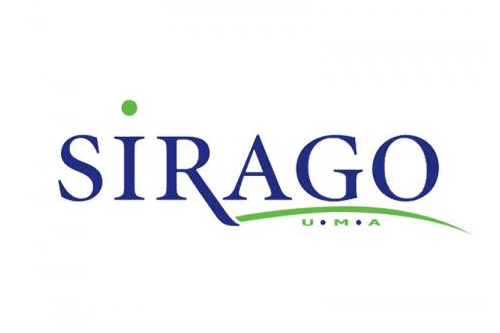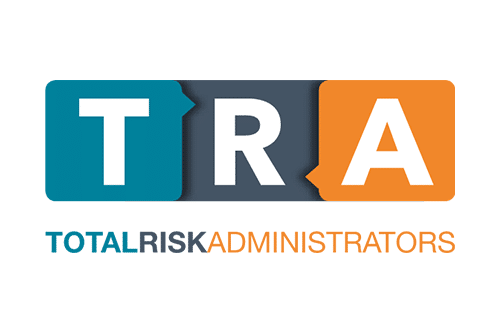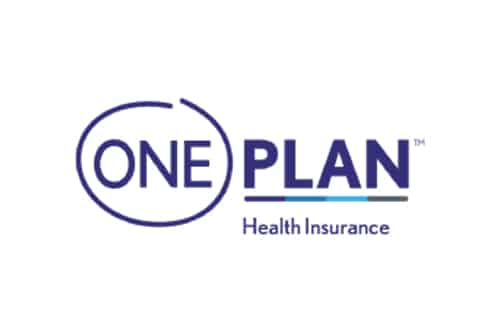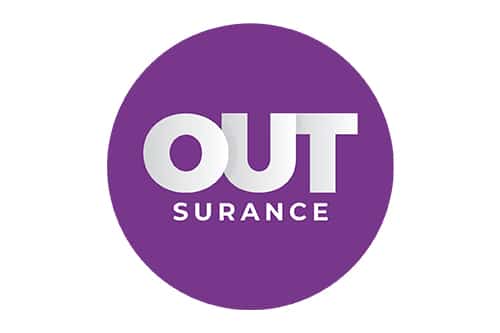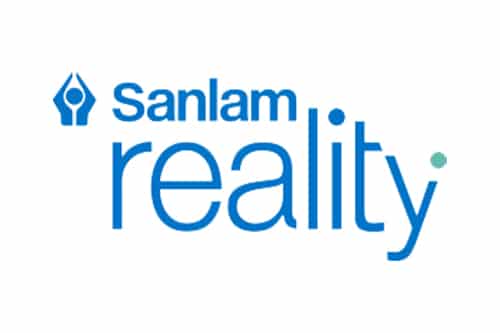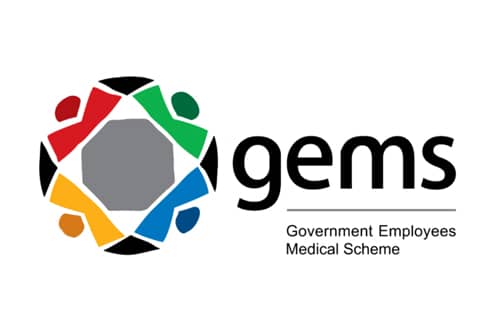
Medical Aid Ombudsman - Complaints procedure in South Africa
The Medical Aid Ombudsman – Complaints Procedure in South Africa revealed.
We verified the medical aid ombudsman complaints procedure in South Africa.
This is a complete guide to the medical aid ombudsman complaints procedure in South Africa.
In this in-depth guide you’ll learn:
- What is a Medical Aid Ombudsman?
- Is there an ombudsman for medical aid?
- What are the contact details for the medical aid ombudsman?
- What is the medical board for complaints in South Africa?
- What is the health ombudsman?
So if you’re ready to go “all in” with the medical aid ombudsman complaints procedure in South Africa, this guide is for you.
Let’s dive right in…
Medical Aid Ombudsman – Complaints procedure in South Africa (2024)
Understanding the role of the Medical Aid Ombudsman in South Africa

👉 You can go to the medical aid ombudsman if you’re having trouble with your medical aid provider, medical aid company, or any other medical aid-related issue. This may also apply to the providers of final services who are part of or are contracted by that medical aid programme.
👉 The medical aid ombudsman can also be viewed as a protective older sibling who will make sure your needs are met and that everything with your medical aid plan is above board, legal, and ethical.
👉 In the past, there was no equivalent to ombudsmen who dealt with issues like government corruption, misuse of power, etc. in the medical field. In this respect, the Medical Aid Scheme Council of South Africa serves as a kind of collective ombudsman; nonetheless, it is also known as the Council for Medical Schemes.
👉 South Africa’s medical aid schemes and service providers are governed by the Council for Medical Schemes, which plays a crucial role in the country’s economy due to its responsibility for monitoring and regulating the country’s nearly one hundred medical aid scheme service providers, who together serve more than eight million people.
👉 The council for medical schemes was established because of the obvious necessity for a comprehensive regulatory organisation to oversee such a large business and guarantee that all transactions are honest and that beneficiaries have access to justice.
👉 The government appoints the council for medical schemes, an influential group; the medical schemes act (No. 1321 of 1998) provides the legal basis for this appointment, and the minister of health appoints the governing board. This is as near as you’ll get to an ombudsman for medical aid, and it’s a highly efficient and well-organized one at that.
👉 You may be asking what good comes from participating in this medical aid council, and the answer is straightforward. In accordance with its established procedures, the Council is open to receiving complaints from anyone about any aspect of any medical assistance programme.
👉 If you are feeling wronged by your medical aid service provider, you can always go to the council for help. There are no restrictions or limitations on the kind of complaints or causes of action that can be pursued.
The complaints procedure

How to submit a complaint manually
👉 To submit a manual complaint, download the form from the official website and submit it together with your supporting documents to [email protected] or post it to:
👉 The Council for Medical Schemes: Complaints Unit
Private Bag X34
Hatfield
0028
How to submit a complaint online
👉 Complaints can be submitted to the CMS by filling in the online form.
Who can complain to the ombudsman?
👉 A medical plan participant or beneficiary may file a complaint if they are dissatisfied with the program’s handling of their concerns.
👉 It should be emphasised, however, that before seeking the Council for help, a potential complainant should always try to settle the problem through the complaints mechanisms in place at the particular medical scheme.
Time limits for complaints
👉 The mission is to investigate and resolve complaints in a timely and efficient way, for the benefit of medical scheme participants and the general public. This ensures that medical plan participants are not discriminated against in any way.
👉 Within 3 business days of receiving a complaint, the Registrar’s Office will send a written acknowledgement that includes the name, reference number, and contact information of the person who will be handling the complaint.
👉 Within 4 business days of receiving the complaint, the Registrar’s Office will investigate the matter and forward its findings to the subject of the complaint for comment.
👉 Every written complaint received in connection to any topic provided for in this Act will be sent to the regulated entity for a written response in accordance with Section 47 of the Medical Schemes Act 131 of 1998.
👉 Within 30 days of receipt of a complaint, the Registrar’s Office must get a written response from the entity being complained about.
👉 The Registrar may grant additional time if reasonable excuses are given for falling short of the 30-day deadline.
👉 After receiving the response, the Registrar’s Office will review it, compile the appropriate evidence, and perform all the necessary investigations to reach a fair and balanced conclusion or ruling.
👉 Within 120 working days of receiving all necessary documentation/evidence, a decision or finding will be rendered and conveyed to the parties.
👉 If the Registrar is unable to resolve a complaint within this time frame owing to the complexity of the investigation, they will keep the complainant informed of the status of the case and the reasons for the delay.
👉 Discover the 10 Factors to Contemplate Before Cancelling your Medical
Understanding the appeal process: section 48

➡️ Any party dissatisfied with the outcome of a complaint investigation or settlement can appeal the decision to Council.
➡️ Neither party is responsible for any fees associated with filing this appeal.
➡️ In the event of an appeal, the Council’s Appeal Committee will temporarily halt implementation of the decision at issue.
➡️ A written affidavit must be submitted within three months of the date of the decision in order to file an appeal under Section 48. If good cause is presented, the Council may accept a late appeal.
➡️ The Act stipulates a 3-month deadline for filing appeals; the Registrar has no authority to reduce this time limit or to excuse the late filing.
➡️ The Appeals Committee’s secretariat will send out invitations to the hearing and notify all parties of the time and place. A minimum of 14 days notice prior to the scheduled hearing date is required.
➡️ The Committee welcomes oral and written submissions from the parties, and they may appear in person or send a representative to offer facts and arguments.
➡️ After hearing all sides of the case, the Appeals Committee may uphold the original decision, make changes to it, or overturn it entirely in order to reach a different outcome.
Understanding the appeal process: section 50

➡️ If either party is unhappy with the Appeals Committee’s ruling, they can take their case to the Appeal Board.
➡️ Within 60 days of receiving the verdict, the aggrieved party may file an appeal by submitting written arguments or an explanation of the grounds for the appeal.
➡️ The Appeal Board will decide when and where to hold the hearing, and it will send a written notice to all involved parties.
➡️ Unless the chair determines otherwise, all proceedings of the Appeal Board shall be open to the public.
➡️ The Appellate Panel must have the same authority as the High Court to subpoena witnesses, administer oaths or affirmations, examine them, and require the production of relevant books, papers, and objects.
➡️ Each party will receive a written copy of the Appeal Board’s final decision
➡️ To file a Section 50 Appeal, you must pay a cost of R2800.00.
READ more about the Top 5 Medical Aids under R2000
Frequently Asked Questions
What is the role of the Medical Aid Ombudsman in South Africa?
The Medical Aid Ombudsman in South Africa serves as an independent intermediary between medical scheme members and medical schemes. Their role is to resolve disputes, handle complaints, and ensure fair and impartial resolution of issues related to medical aid schemes.
How can I lodge a complaint with the Medical Aid Ombudsman?
To lodge a complaint with the Medical Aid Ombudsman, you can submit a complaint form that can be found on their website. You can also contact their office directly via phone or email. When you lodge a complain it should include all the relevant details, supporting documents where necessary and you must provide a clear description of the issue or dispute with your medical aid.
What types of complaints can be addressed by the Medical Aid Ombudsman?
The Medical Aid Ombudsman address various types of complaints. Those include claims disputes, benefit denials, delays in processing of medical aid claims, issues with coverage or payments, contractual disputes, and even unfair treatment by the medical scheme.
What is the process for resolving complaints with the Medical Aid Ombudsman?
Upon receiving a complaint, the Medical Aid Ombudsman initiates an investigation and will attempt to mediate between the parties involved. They may request additional information, facilitate discussions, and seek a mutually acceptable resolution. If necessary, they can issue recommendations or rulings to resolve the complaint.
Are the decisions of the Medical Aid Ombudsman legally binding?
No, the decisions of the Medical Aid Ombudsman are not legally binding. However, it is worth noting that the Ombudsman hold significant weight and are generally respected by both medical scheme members and medical schemes. If one of them disagrees with the Ombudsman’s decision, they are free to pursue legal action or other avenues for further recourse.















